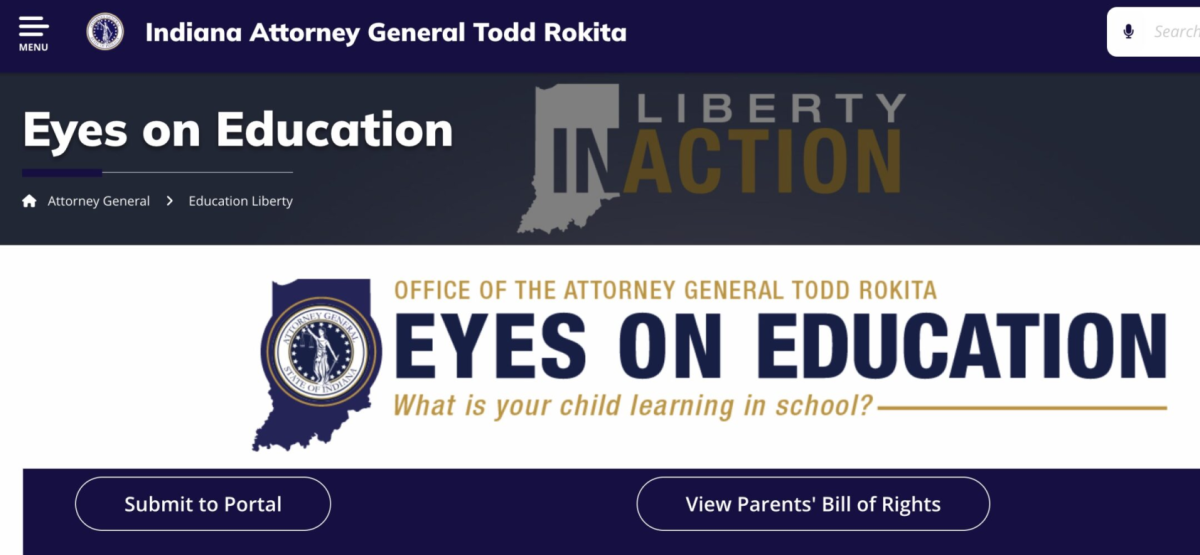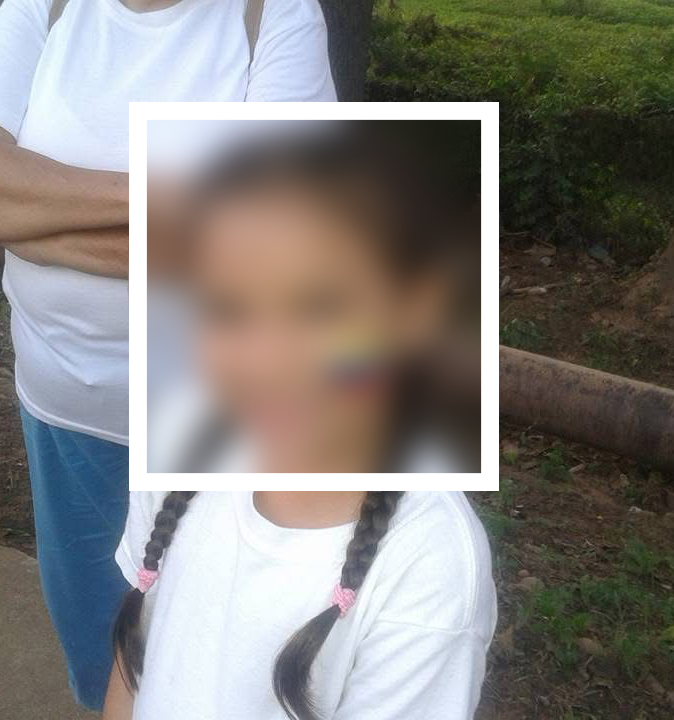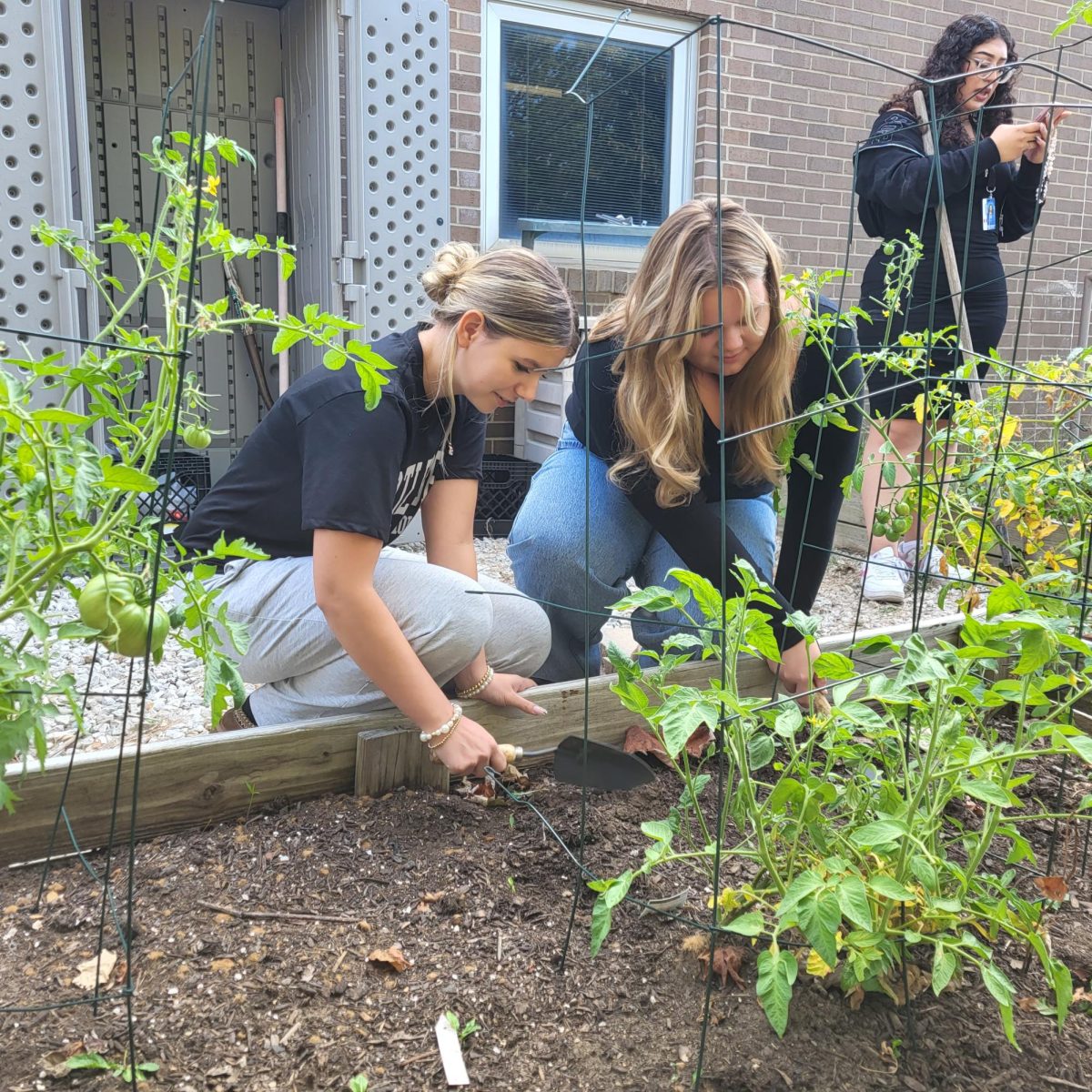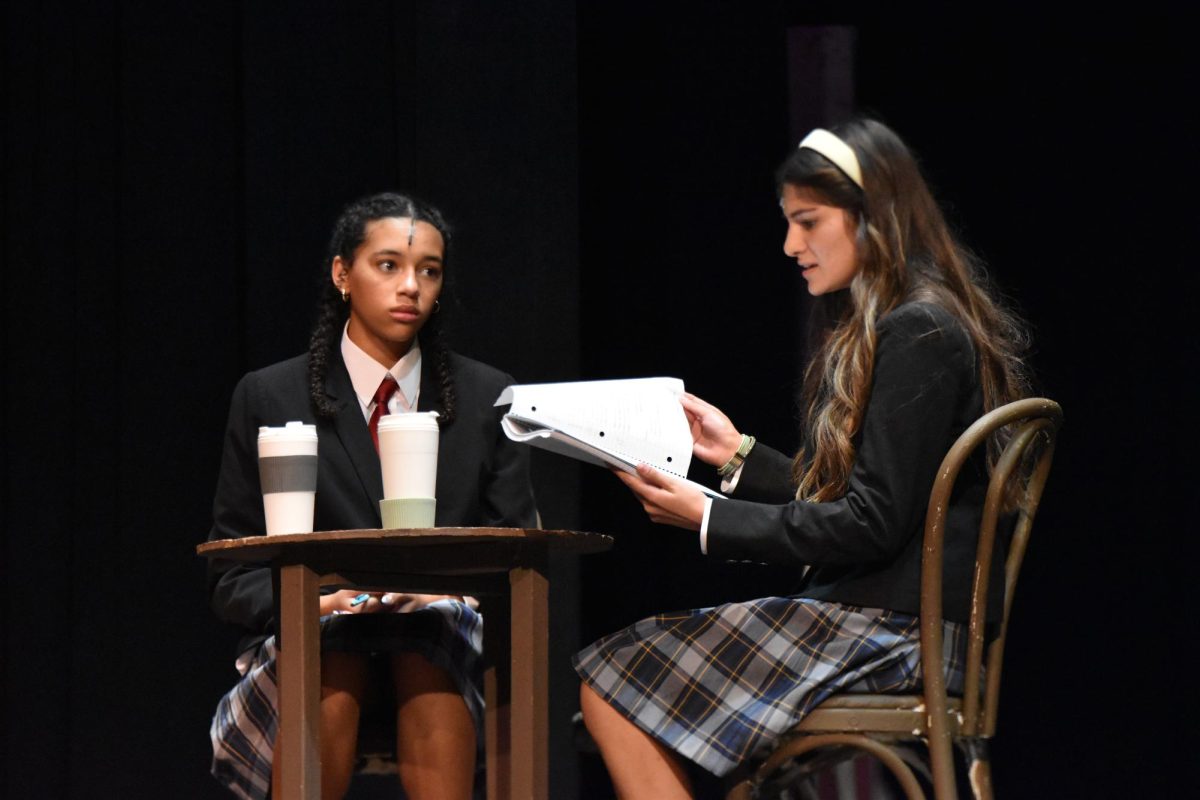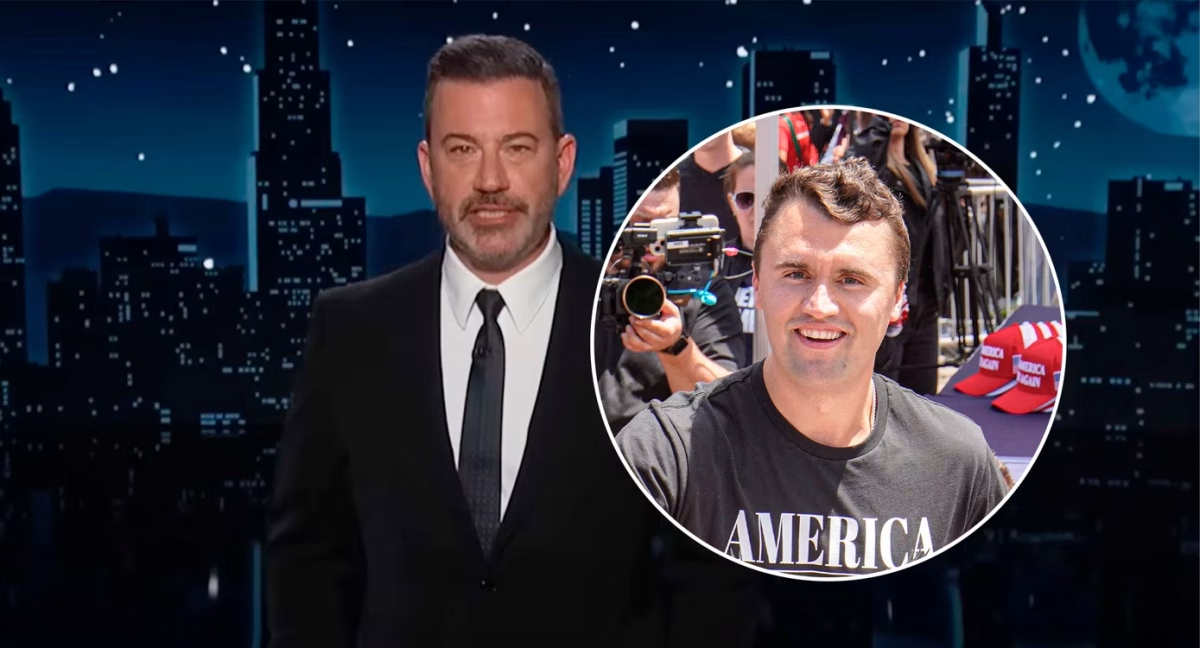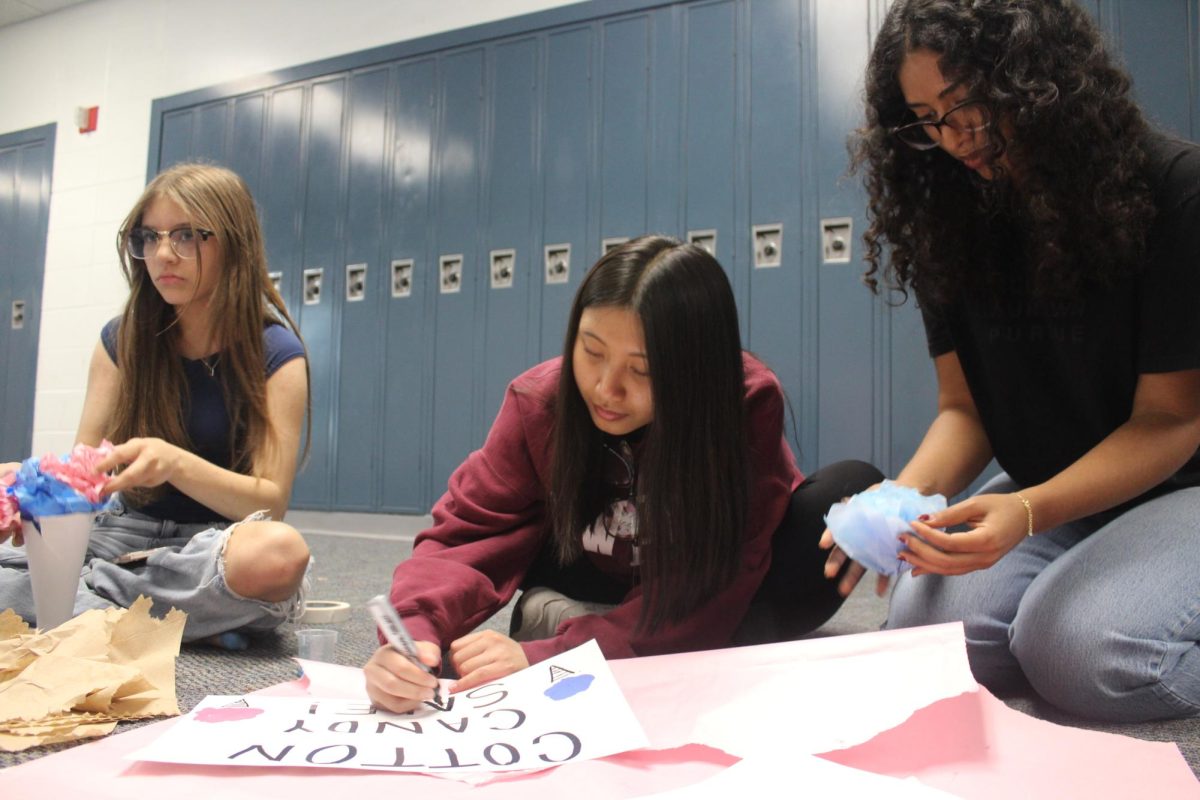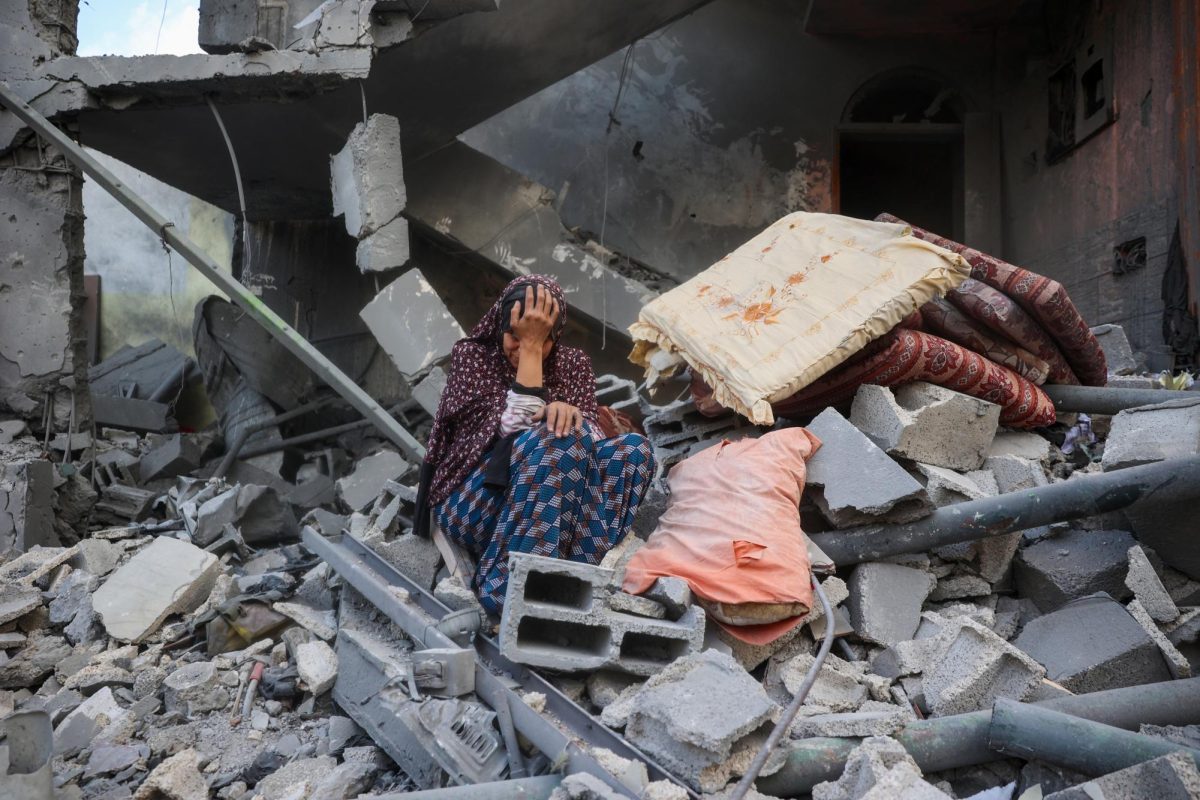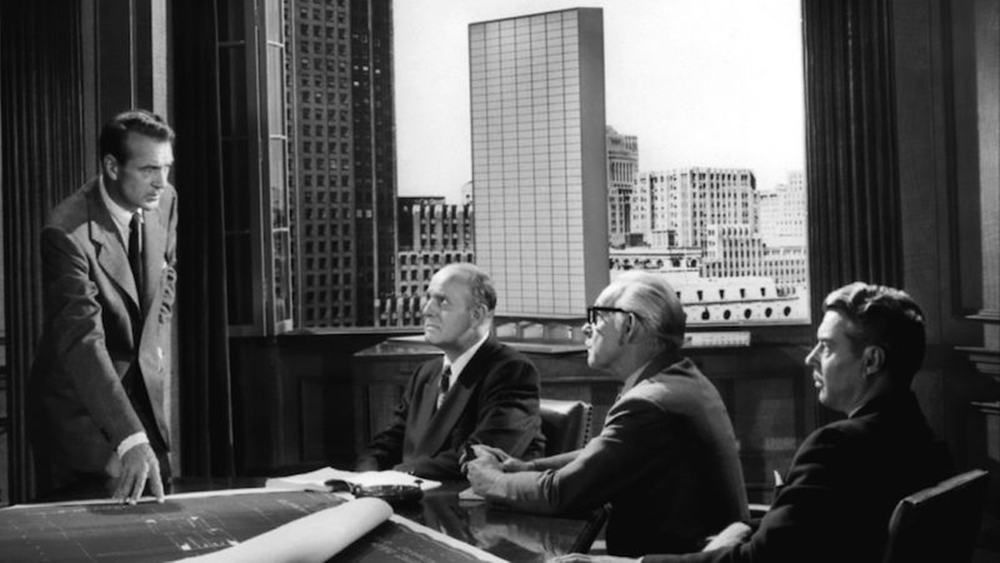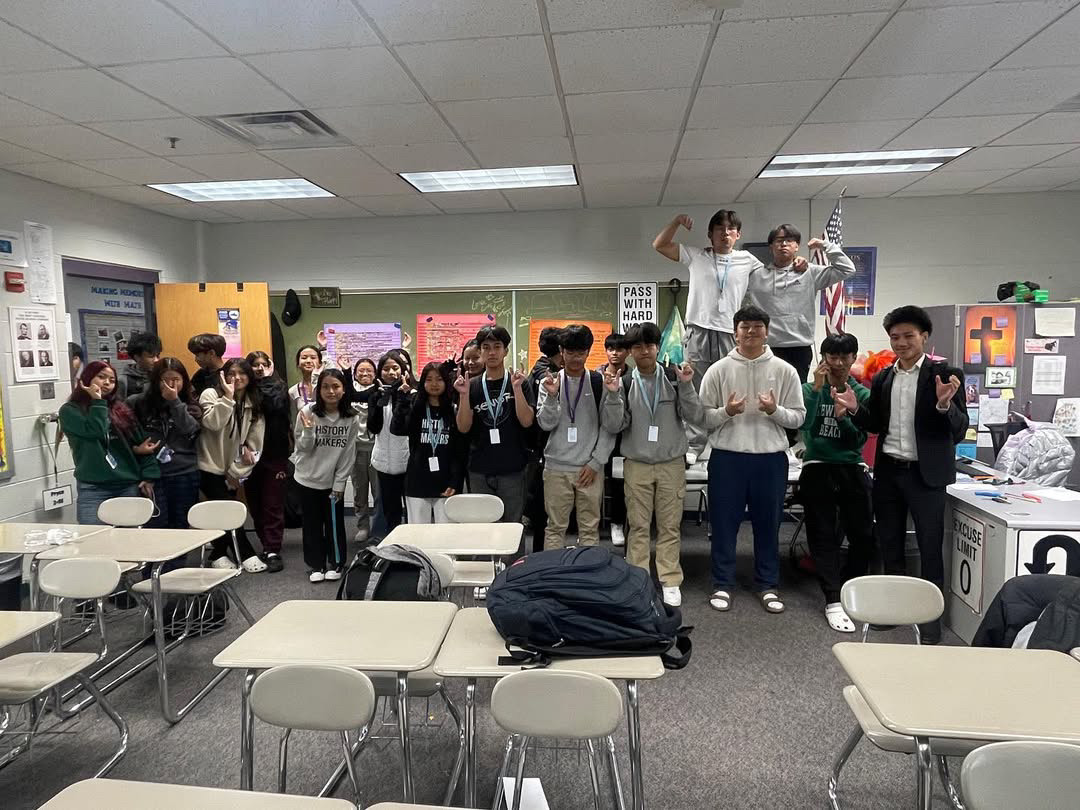On September 17th, Indiana Governor Mike Braun said on X that “[Indiana’s] Secretary of Education has the authority to suspend or revoke a [teaching] license for misconduct, and the office will review reported statements of K-12 teachers and administrators who have made statements to celebrate or incite political violence.”
In light of recent events, political turmoil and discussion have become increasingly prevalent in the hallways of Perry Meridian High School. From class discussions to arguments in the hallways, students feel inclined to share their thoughts on political matters. Due to this, teachers have found it important to encourage these students to express themselves and to challenge their own opinions.
“I try to encourage people when they have an opinion to speak up about it … I’m there to ask questions to clarify [so] people realize that maybe their point is not fully clarified or maybe they have holes or gaps in logic,” government teacher Patrick Chambers said, “I think it’s important for a teacher to ask the questions to force students to think about their own positions.”
Chambers emphasizes the importance of student opinion and thinking because he sees the need in the modern world for all people to have their own thoughts and voice.
These discussions allow students to fully understand their beliefs and challenge their thought processes. Along with teachers encouraging critical thinking about opinions, especially about current hot topics, some students may also feel inclined to question their teacher’s perspectives on topics.
However, with the new potential for teachers to lose their licenses for political discussion, teachers must stand their fact-based ground when discussing controversial or potentially damaging topics. “I try to stick with what is fact, or what is in the constitution and all those kinds of things I can circle back to,” Chambers said.
The mediation that teachers can provide on political discussion serves to help students further understand what they are arguing, especially with the plethora of misinformation present in today’s world. “I do not really feel that I must voice my opinion on many topics. My job is to get [students] to formulate, to critically think, to form [their] own opinions,” history teacher Joseph Cunningham said.
Todd Rokita, Indiana’s Attorney General, also announced the implementation of “Eyes On Education,” a platform for parents, students, or anyone based in a school district to file a complaint directly to the state government. This website can be used for many types of complaints, but it is primarily designed to limit the amount of “objectionable curricula, policies, or programs” in schools.
Many of the complaints that are publicly available on the site criticize many values, especially those to do with things like pride flags or race equality. This new implementation by the Indiana State Government and Rokita lingers in the air of class discussions with the fear that it could be harmful to critical discussions about the major events of the day.
Even through governmental change and increasing polarization in politics, discussion on topics has become increasingly important. As these debates continue, the most important factor is to remain unbiased and true, and that is not done without the encouragement and support of teachers.


